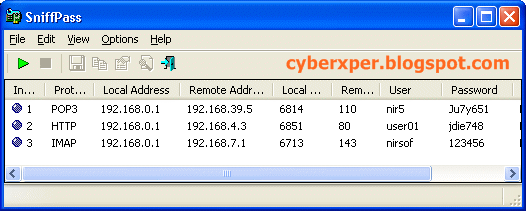
Pension Reform and Capital Markets: Are There Any (Hard) Links? EFMA 2000 Athens. 67 Pages Posted: 27 Sep 2000. See all articles by Eduardo Walker Eduardo Walker. School of Business Administration - Pontificia Universidad Catolica de Chile. Fernando Lefort.
Idea Behind EBAPS THE IDEA BEHIND EBAPS Table of contents 1. We want an instrument optimized for probing the epistemological stances of students taking introductory physics, chemistry, and physical science. Three popular surveys seem like promising candidates. One is Schommer's (1990) Epistemological Questionnaire (EQ), which is designed to apply to all disciplines and a broad range of age groups. The others, aimed specifically at college and advanced high school physics students, are Redish et al.' S (1998) Maryland Physics Expectation survey () and Halloun & Hestenes' (1998) Views About Science Survey () In their respective communities, these surveys have brought unprecedented attention to epistemological issues.
Were the Rigol scopes 50 ohm terminated?  (In which case, what the heck is that pulse?). You really do need to terminate properly; that will significantly affect the results.
(In which case, what the heck is that pulse?). You really do need to terminate properly; that will significantly affect the results.
However, they contain important flaws. Schommer's EQ accurately probes students' epistemological stances toward physical science only to the extent that epistemological stances are stable beliefs or traits or theories that don't depend heavily on context, disciplinary or otherwise.
As Hammer & Elby (2001) argue, this assumption is problematic. Consequently, we want an instrument that “works” whether or not students' epistemological stances depend on context. MPEX satisfies this condition in some respects but not in others. Also, by design, it probes not only students' views about knowledge and learning, but also their non-epistemological, course-specific beliefs about how to get high grades. For these reasons, we designed a new survey, the Epistemological Beliefs Assessment for Physics Science (EBAPS). In section 2, we critique Schommer's EQ and Redish et.

These criticisms, which apply to other multiple-choice epistemological assessments currently in the literature, provide guideposts for designing a new instrument. Section 3 discusses how we formulated and validated EBAPS. In section 4, we critique EBAPS, acknowledging the ways in which it falls prey to some of our criticisms of other instruments. In this section, we critically examine Schommer's Epistemological Questionnaire (EQ) and Redish et al.' S Maryland Physics Expectation survey (MPEX).
We single them out for criticism solely because they are well-known in their respective communities and because our arguments apply equally well to other multiple-choice epistemological instruments. EQ's strength—and in our view, its weakness—is the generality of its items, such as • Nothing is certain, but death and taxes. • I don't like movies that don't have endings. (Other questions focus more specifically on school and learning, but without specifying a disciplinary or other rich context.) This generality might be problematic, for the following reason.